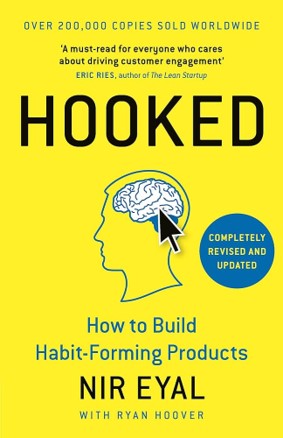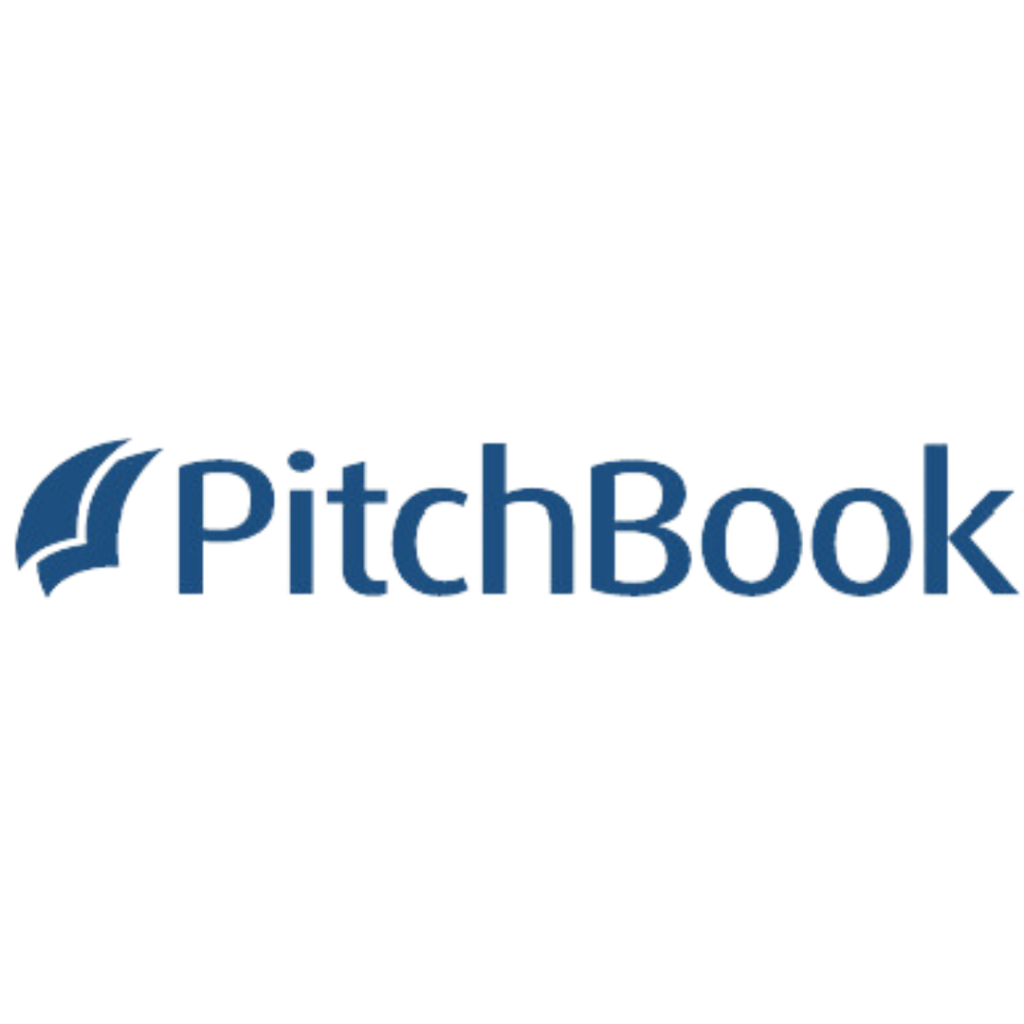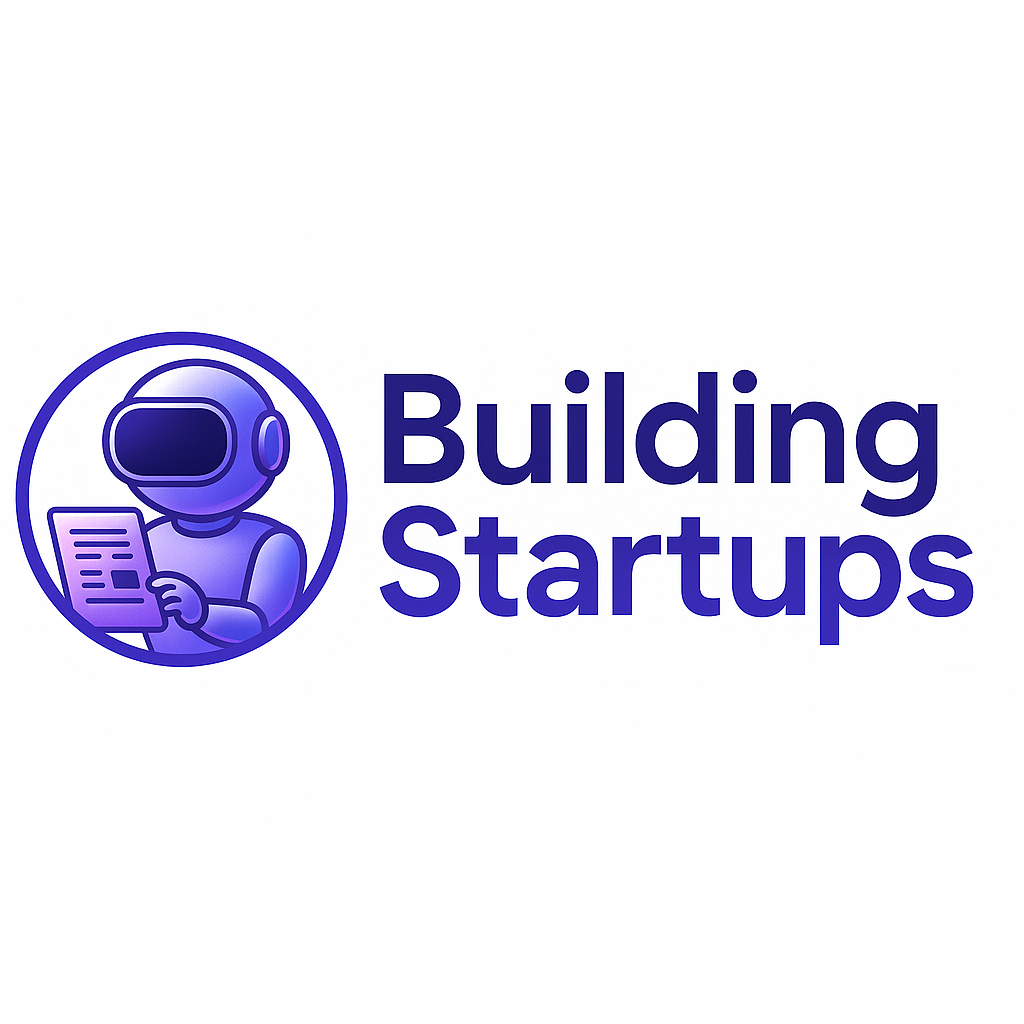Welcome
Last week we focused on summarizing 2023. We saw how 2023 has not been good for early-stage startups. This week we are turning our heads forward and are going to look at what experts are saying about 2024.
It’s no secret that AI is in the middle of every prediction. The hype around GenAI is so high that it’s hard for anyone to talk about anything else. Most of the prediction we’ve read are only slightly optimistic predicting a better year that 2023, but not much more.
Never miss an update
Subscribe to our newsletter to get the latest updates on everything early-stage related.
What happened this week?
Here’s a quick recap of the important things that happened this week.
- An invisible camera?
The German optics company Zeiss is going to introduce its Holocam during CES 2024. This is a revolutionary technology that can transform any glass surface into a camera. Just imagine the applications. No more annoying notched on our phones, invisible monitoring systems and so much more. (source) - Is Google a law maker?
Google took the time to write a Robots Constitution to make sure its new AI drones won’t kill us. This is of course inspired by Isaac Asimov 3 laws of robotics and was developed to help robots make faster, better, and safer decisions in the wild. Read full story here. - Is the UK the new heaven for autonomous vehicles?
The UK is working hard to put autonomous vehicles on the road as soon as 2026. This is what the the transport secretary of the UK has said, as ministers seeks to capture as much as £42bn of the international self-driving market within the coming decade. Read the full story here - Not really new, but many founders are not aware of this new tax bill called section 174. Here is a great explanation of the section and its dramatic implications on startups and tech companies.
- Fair game?
Carta.com, the cap table management company is leveraging their data to solicit secondary deals without the companies approval. This is a huge trust issue which might impact Carta’s business. Here’s an interesting take on the subject - US investment firm Coatue is closing its European office
An internal memo revealed that the firm is closing its London office due to European startups struggle during the recent downturn. - How stingy is OpenAI?
The GenAI company is holding negotiations with media firms to use their content to train its algorithms. This is an expected sep following the NY Times suit against them. Sources in the negotiations are saying that OpenAI is offering between $1M to $5M annually to publishers. Is it enough? time will tell. (source) - Are you ready for the new email requirements?
Next month (Feb 24) google and Yahoo are coming in with new email authentication requirements to strengthen the fight on spam. You can read about the new requirements here - Google is about to fire 30,000 of its marketing employees (source)
- Carta to stop dealing in secondaries
Following the recent publicity that Carta received over its usage of internal data to solicit secondary deals, it’s CEO announced in a blog post that Carta is stopping this trade in an attempt to salvage its reputation. (source) - CES 2024 – CES is here, and here are the coolest things from there
How to Create Habit-Forming Products
About a decade ago a new book was released. This book introduced a new framework for product development and quickly became kind of a bible for product managers and developers. This book is Hooked, by Nir Eyal.

The book focus on human habits and how tech giants are leveraging our habit creation systems to create addictive and viral products. Nir lays out a framework that every product creator can follow to create his own addictive product.
To save you precious time and to give you an in depth intro to the fascinating world of behavior design we created a summary for the framework that can teach you what you need to know to start creating your first habit-forming product
BTW, I still recommend you go read the book as it is filled with great examples and more in depth details about the framework. You have a link directly to the book inside the summary.
The Perfect Early-Stage Pitch Deck
Every pitch deck is different, but if you look at enough of them, a pattern emerges. Apparently there’s a science behind a winning pitch deck and the guys at DocSend (a Dropbox company) summarized it for us.
According to them, no two pitch decks are alike, but there are clear
patterns in the format, content and slide order of
the many pre-seed and seed decks that founders
use to tell their unique stories and successfully raise
funding.
You can get their full report along with templates to get you going by pressing the button below.
But the fun doesn’t stop there. The guys at DocSend also surveyed over 200 startups during 22 and Q1 of 23 and created a summary report about their Pre-Seed funding efforts. They’ve summarized everything together for us to learn from.
Here are some of the highlights:
- There is a clear shift from growth to profitability (for risk reduction)
- Traction and roadmaps are key
- Avoid elaborate competition sections in your deck.
- Investors engagement with your decks is dropping and time per deck is also on the decline.
- There is a distinct difference in the order of the slides between successful funding and failed attempts.
- Focus and length (lack of) is also key. Every word count
- Young Solo Founders raised the most and got the most amount of investors meetings in the early stage. Mixed gender founding team is raising more than single gender ones.
The report has many more golden nuggets and interesting (and surprising) stats about early-stage fundraising.
You can download the full report by pressing on the read button.
Never miss an update
Subscribe to our newsletter to get the latest updates on everything early-stage related.
What NOT To Do
Every week I have the privilege of meeting new entrepreneurs and every week I get to hear about what they are doing and what mistakes they have done. So to save you money, time and a lot of frustrations I will try to share some of these mistakes so you won’t have to.
Scaling too soon
One of the mistakes I see the most is startups running to scale. They have a working product (or a working MVP) and they rush to build massive campaigns and PR without validating the need in the market and the effectiveness of their funnel.
There is nothing worse than scaling the wrong thing. It’s time and budget consuming, but even worse, it makes adjustments much harder because now there’s customers to support.
The solution is easy – start small, test your funnel and make sure there’s a demand to what you’re building.
Build before you validate
Another mistake I see a lot is founders putting a lot of effort building an amazing product just to go out to the market and find out nobody wants what they are building.
I know it’s a common mistake so I won’t add examples (cause there’s so many), but I will give you a solution, because it’s to counterintuitive and simple:
Sell before you build…
I know you’re worried it’s unethical, but you know what’s much worse? Spending so much money and energy on something that’s not worth making. BTW, you don’t have to take credit card info, you can do this validation in other ways (registration for example, though it’s not as representative).
Not doing the research
A few months ago I was reached out by a young entrepreneur. She was working on a personal mental health therapist using AI. She had already spent over $35K on development, not including her time and energy.
Since she had not spent the time to research the competition, the first thing I told her to do was to stop the work and see what’s out there.
This was when she found Replica. An app that does exactly the same, but well funded and light years ahead of her.
Just this finding sent her back to the drawing board. Imagine what she could have done if she’d just do the research before hand…
Giving too much equity early on
A few years ago a very smart and capable engineer approached me for consulting. He had been working for a SW company but had an idea for a product to help kids learn better.
He approached his boss about the idea and asked to take 50% off of his time to work on the project. Since this was not a part of the core offer of the SW company the boss offered to give him both the time and a check to pursue the idea.
Sounds great, but the boss took 60% of the future company…
When the engineer came to me, he was looking to raise an additional round but no investor would touch his company. He just didn’t have enough skin in the game and investors knew that.
Sure, you’re going to give away equity to get funding, but giving away too much too early will drive investors away. The rule of thumb is that the founders should retain >60% at series A.
Not listening to your customers
This story is not mine, but it was too good not to share…
I was at a meetup where a founder shared that they have developed a product that would compete with Slack. By then Slack had already grown substantially so competing with them was not a small task.
The founder’s product was superior to Slack’s but every potential customer they approached told them that if they were an add on they would purchase, but as a stand alone they will have to pass as the transition is too expensive.
It took them 7 months to finally listen and when they finally swallowed their ego and launched the add on, Slack bought the company for a hefty sum.
The moral of the story is, that you need to swallow your ego and listen to your customers.
That's it for now, I'll share more lessons next week...
Top Predictions for 2024
We scoured the internet and all the tech blogs to bring you the best predictions for what’s coming in 2024

Fred Wilson (AVC.com)
Fred’s predictions mainly focus on AI and web3. He is stating that the AI stack has matured and now is the time for the applicative stage of AI. He also predicts that web3 will finally get the regulation it needs to become more mainstream. Another interesting stack to emerge in 2024 is the energy stack to help us achieve better sustainability and fight global warming. Read the full prediction here.

Pitchbook (pitchbook.com)
Pitchbook’s analysits focus on 3 min predictions:
- Continuity funds will hit critical mass: These instruments will enable the required liquidity older funds need to show positive returns.
- VC funding will remain sluggish, with numbers at par with 2020 (a slight increase). VCs will adjust their spending pace which will make fundraising hard in 2024.
- Large funds will dominate 2024 as the smaller investors will be extra cautious or run out of cash.

GeekWire (geekwire.com)
GeekWire, a Seattle based tech blog rounded up some of the top northwest investors and had them make predictions for 2024. The overwhelming consensus is that 2024 will be better than 2023 and will focus primarily on AI applications. They predict that that AI will move beyond text, images and video and will start doing complete tasks using multi-models. Read the full article here.

Sifted (sifted.eu)
Sifted is a European tech website who gathered Europe’s top investor for their predictions. European investors are semi optimistic, predicting the end of the downturn and a recovery in the early-stages ecosystem. They believe that 2024 will bring us more women leaders to the industry and that 2024 will be the enterprise AI breakthrough year. Read all the predictions here

Tech.co
Tech.co takes a more negative side of AI, focusing on the ethic issues that AI might create. Another negative aspect is the code creation by AI that might expose many products who will be created by such code to cybersecurity vulnerabilities. They call out to companies to come up with unified policies for using AI in the workplace to help make some order to the mess GenAI creates.
Tech.co also predicts growth in phishing attempts as most remote work vulnerabilities have been fixed moving the cyber threat vulnerability from tech to human.
Another important prediction is the rise of the experience economy. Tech.co predicts that customers will start looking for experiences and not just products. This might shift the focus even further toward the front-end development and the user experience.
Interesting Things I found Online
We gathered for you articles we read this week which we think would interest you. Let me know what you think so we can improve and bring you more interesting stories and articles.
- Startup Fundraising Playbook for 2024 – a great summary for everything fundraising.
- A SAFE fundraising cheat-sheet. Here’s a great starting point to all you early-stage fundraisers who want to use SAFE and struggle with the numbers.
- Here are 55 strategic questions that each founder must ask.
- If you’re like me, and you love behavioral engineering you’d love this blog post about the B=MAT model.
- How to eat a frog – a cool article about productivity and how to improve it.
4 New Manager Dichotomies That Stop You Doing Your Best Work – If you’re a new manager, this article is for you…
- AI and everything else – a cool presentation by Benedict Evans
Never miss an update
Subscribe to our newsletter to get the latest updates on everything early-stage related.
